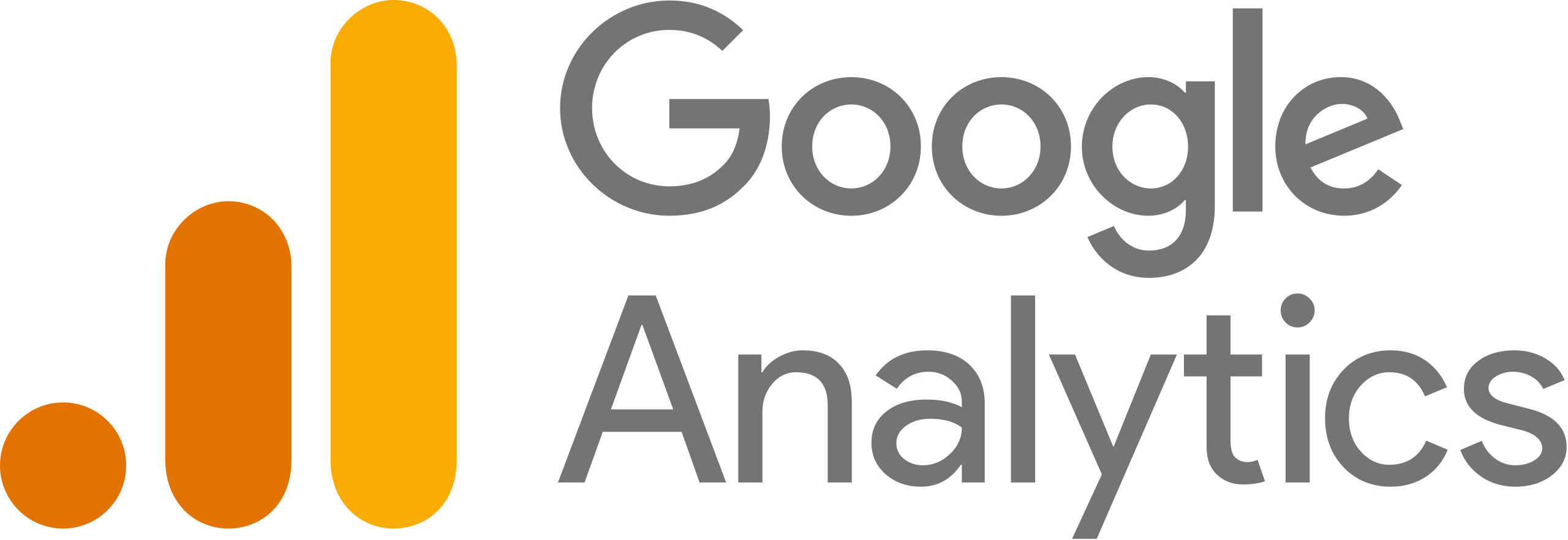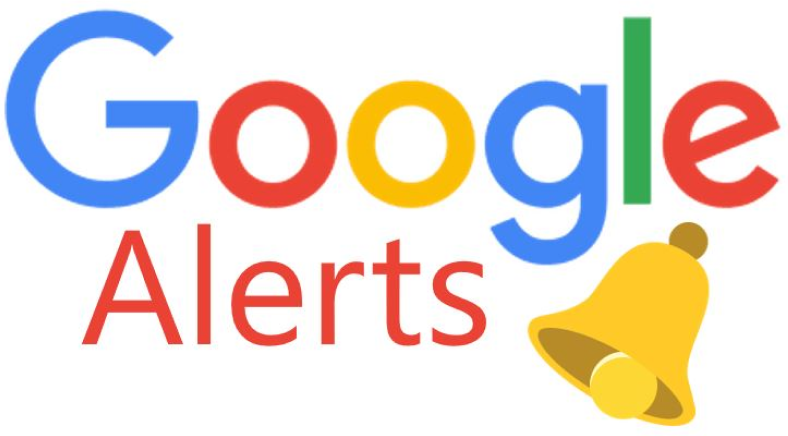Ethics on Facebook: a contemporary challenge for dentistry
Abstract
Introduction: Nowadays, health is increasingly addressed in social networks. Its use in dentistry, for example, has been widespread in health services; consequently, there is a larger number of posts that are not in compliance with the Code of Dental Ethics, and it brings great challenges to professionals and their class councils. Objective: Analyzing dental professionals and clinics’ profiles on Facebook based on ethical aspects determined by the Code of Dental Ethics and by the Consumer Protection Code. Methods: In total, 50 pages and dental clinic profiles, as well as 50 dentists from ES were identified on Facebook from 2013 to June 2017. These profiles were revisited in January 2019 in order to generate a comparative table of posts. An analysis protocol based on six categories was used according to the Code of Dental Ethics and to the Code of Consumer Protection. Results: Infringements related to professional negligence, advertisements, unauthorized patient exposure, professional fees, giveaways, promotions and services were found in the profiles. The absence of specific articles in the Code of Ethics about the conduct of dental professionals in social networks exposed the opened space for the committed infractions. The topic is addressed in general terms, it refers to any kind of mass media. Conclusion: The role of the Regional Council of Dentistry in supervising social networks becomes imperative, it adds to dentists’ full knowledge about the Code of Dental Ethics, as well as to the duty to report irregularities.
Downloads
Downloads
Published
How to Cite
Issue
Section
License
Authors and reviewers must disclose any financial, professional, or personal conflicts of interest that could influence the results or interpretations of the work. This information will be treated confidentially and disclosed only as necessary to ensure transparency and impartiality in the publication process.
Copyright
RBPS adheres to the CC-BY-NC 4.0 license, meaning authors retain copyright of their work submitted to the journal.
- Originality Declaration: Authors must declare that their submission is original, has not been previously published, and is not under review elsewhere.
- Publication Rights: Upon submission, authors grant RBPS the exclusive right of first publication, subject to peer review.
- Additional Agreements: Authors may enter into non-exclusive agreements for the distribution of the RBPS-published version (e.g., in institutional repositories or as book chapters), provided the original authorship and publication by RBPS are acknowledged.
Authors are encouraged to share their work online (e.g., institutional repositories or personal websites) after initial publication in RBPS, with appropriate citation of authorship and original publication.
Under the CC-BY-NC 4.0 license, readers have the rights to:
- Share: Copy and redistribute the material in any medium or format.
- Adapt: Remix, transform, and build upon the material.
These rights cannot be revoked, provided the following terms are met:
- Attribution: Proper credit must be given, a link to the license provided, and any changes clearly indicated.
- Non-Commercial: The material cannot be used for commercial purposes.
- No Additional Restrictions: No legal or technological measures may be applied to restrict others from doing anything the license permits.
























